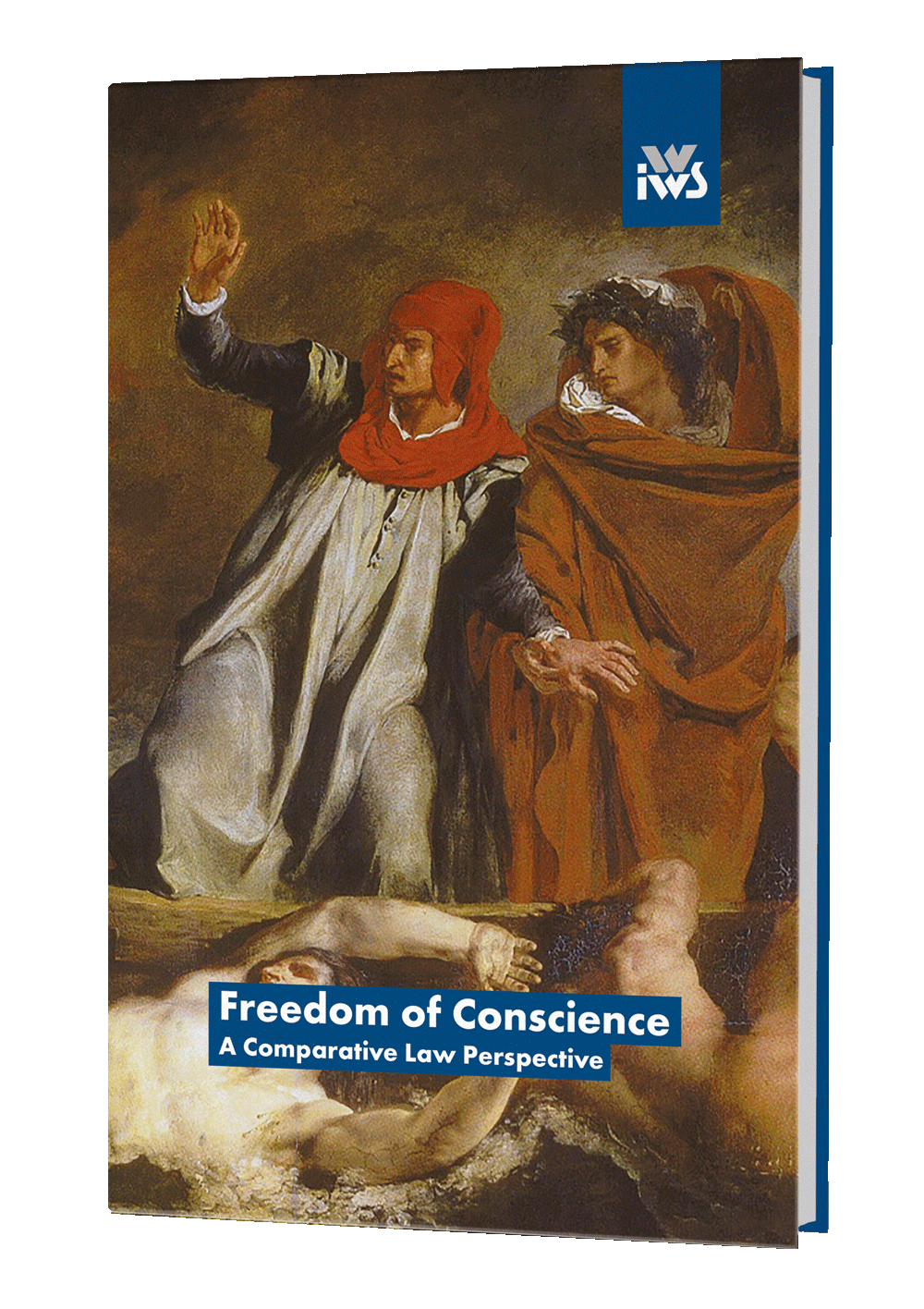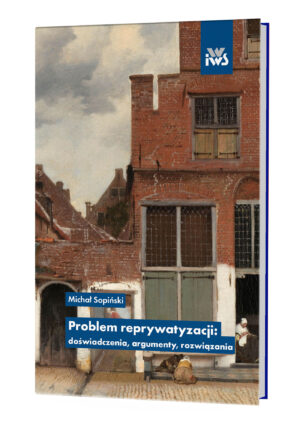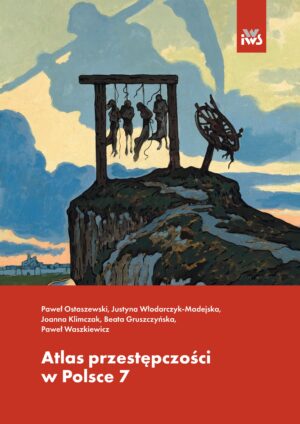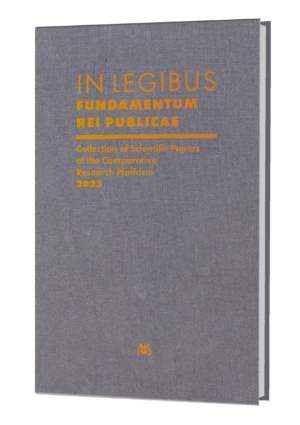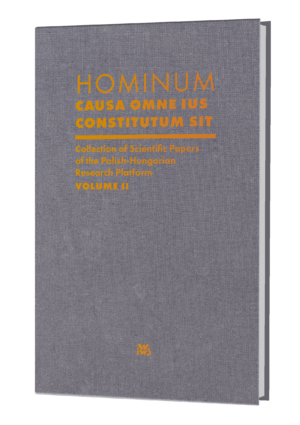Freedom of Conscience. A Comparative Law Perspective addresses the timeliest of topics. Across the European continent as well as in the Anglophone world (including the United States), “freedom of conscience” is at the forefront of issues addressed by judges and legislators. It is also a perennial matter of great importance. Public authorities throughout the ages have struggled to understand, and properly to meld, the necessities of political order and the freedom of competent adults to author their own actions and to constitute themselves by making, and acting upon, their conscientious decisions about what moral truth requires of them. The urgency and gravity of the issues presented by “freedom of conscience” is also matched by their intrinsic complexity. For all these reasons, only a multi-disciplinary, full-orbed approach to these questions will do them justice.
This volume rises to the occasion. The comparative perspective supplied by the editor’s recruitment of an international group of scholars, and also by his assignment to some of them the task of investigating additional countries, is utterly invaluable. The papers deftly blend what I might call “lawyer’s law” – that is, a careful presentation of the facts and holdings of courts or the precise details of a particular statutory scheme – with genuine philosophical depth. I should like to emphasize this virtue of the collection by observing that collections of this general sort tend to be either all sail or all anchor, either drowned in the minutiae of law without a care for the big picture, or all philosophy untethered to the reality of the positive law. Blicharz’s book has broken this mold. It promises to appeal to working lawyers, students, judges, and scholars.
Gerard V. Bradley, Professor of Law, University of Notre Dame, USA
This edited volume will be a useful resource to scholars in this area. It has a rich national variety, covering Poland (extensively), Italy, the United States, the United Kingdom, and three Scandinavian countries (Sweden, Norway, and Finland). Anyone interested in the state of the freedom of conscience in notable Western democracies will benefit from this work. Those particularly interested in Poland, a country not always focused on in the literature, will find this book of great value. And that is the hallmark of scholarship – a conversation in the search for truth.
James C. Phillips, PhD, Stanford University’s Constitutional Law Center, USA



